At Pittsburgh Seminary, we seek to participate in God’s ongoing mission in the world by seeing and getting to know people as our neighbors. Challenged by Jesus’ parable of the Good Samaritan and inspired by “Mister” Fred Rogers ’62, who sang, “I have always wanted to have a neighbor just like you,” I am writing to introduce you to some of my neighbors, whom I want you to know. Today, I’d like to introduce you to my neighbor Andrew Bossardet.
Andy is a minister in the Reformed Church in America, currently serving as a chaplain in the Michigan Department of Corrections. A Michigander through and through, he currently lives near Grand Rapids with his wife, Heather, and children Micah and Addison. He has been a pastor to two congregations and also worked at the denominational level building programs for leadership development and congregational health. Andy completed his Doctor of Ministry degree in the Christian Spirituality cohort at PTS in 2023.
– The Rev. Dr. Donna Giver-Johnston, Director of the Doctor of Ministry Program at Pittsburgh Theological Seminary
My Neighborhood: A Small Town of Incarcerated People
It was a beautiful day in my neighborhood. We enjoyed a sunny winter in Michigan, and the walk to my office was beautiful. The only difference between my office and yours is that I pass through three security gates and may be subjected to a variety of screenings. My neighborhood is a medium security correctional facility, as I am a prison chaplain for the State of Michigan. My observations are my own; they are not official correctional policy.
I started in the world of corrections in March 2023 and entered a prison for the first time during my interview. The prison I serve is a small town of 1,200 inmates and hundreds of staff. We have many things you would expect to find in a small town: housing units, a health care system, mental health experts, food served at regular times, a recreational facility, an auditorium for special events, and even a school. In the school are classrooms in which to get one’s GED, spaces in which to learn social-emotional skills, a trade school for inmates approaching the end of their time in prison, and even a college campus offering a B.A. degree.
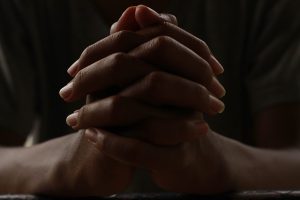 There’s also a chapel. In this facility, there are 13 recognized religious groups which hold services throughout the week. Some are filled with dozens of people, supported by outside volunteers. Others are lesser known religions—small groups practicing their beliefs, with self-taught facilitators training others. The prison is a microcosm of the United States, a diverse collection of humanity contained by fences. One percent of the adult population of this country is currently incarcerated.
There’s also a chapel. In this facility, there are 13 recognized religious groups which hold services throughout the week. Some are filled with dozens of people, supported by outside volunteers. Others are lesser known religions—small groups practicing their beliefs, with self-taught facilitators training others. The prison is a microcosm of the United States, a diverse collection of humanity contained by fences. One percent of the adult population of this country is currently incarcerated.
A System Wired for Survival
Take a moment and consider what comes to mind when you think about the prison setting, especially if you have never been inside one. You might think of what you saw in shows like Oz, Orange is the New Black, or Prison Break. You may have watched documentaries or listened to podcasts. You may think of prisons as violent and scary places. Indeed, you would be partially right. You may think of prisons as places of hope and the possibility of transformation. Indeed, you would be partially right.
To me, the prison environment is one which is wired for survival. Perhaps you have experienced a time in which you were just focused on surviving, just getting by. But being wired for survival comes with consequences. Survival shuts down our long-term thinking. Survival shuts down relationships and trust. Survival turns people into objects and hides their humanity. Behind the politics on the rec yard is a basic desire for survival.
Our Sentenced God’s Invitation: Beyond Survival to Abundant Life
Things aren’t so different “out in the world.” How often do you and I sacrifice long-term vision for short-term gain? How often do you and I shut down relationships and refuse to trust anyone who looks, sounds, loves, or worships differently than we do? How often are people dehumanized in our greater culture and world? How much of our politics can be boiled down to the basic survival of one’s way of life? Again, prison is a microcosm of humanity behind fences.
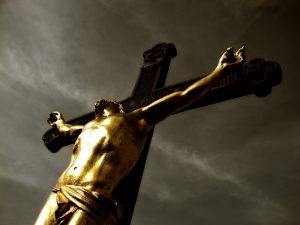
Let us remember that we worship a God with a criminal sentence. At Easter, we remember that Jesus was given an unfair trial, found guilty, and sentenced to shameful death (and torture). On the cross, we see a reflection of our own fallen humanity and all its desire to control and just survive. But we also see our capacity to forgive and be forgiven, to rise about mere survival and taste abundant life . . . behind the fences of a prison and the fences of a neighborhood.
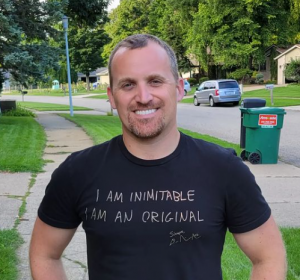 The Rev. Dr. Andy Bossardet ’23 is a chaplain in the Michigan Department of Corrections. He is an ordained minister in the Reformed Church in America and has worked at the denominational level building programs for leadership development and congregational health. Andy holds a Doctor of Ministry degree (Christian Spirituality cohort) from Pittsburgh Theological Seminary.
The Rev. Dr. Andy Bossardet ’23 is a chaplain in the Michigan Department of Corrections. He is an ordained minister in the Reformed Church in America and has worked at the denominational level building programs for leadership development and congregational health. Andy holds a Doctor of Ministry degree (Christian Spirituality cohort) from Pittsburgh Theological Seminary.
Read Next
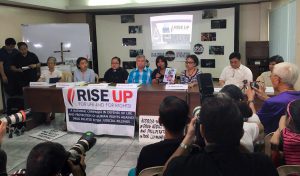

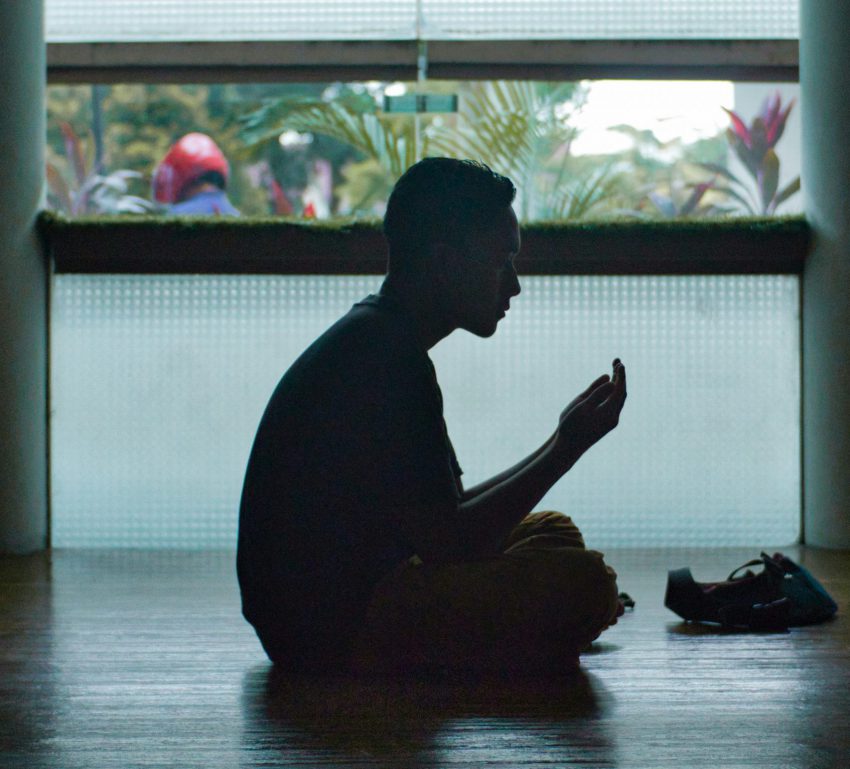

1 thought on ““Who Is My Neighbor?” Andy Bossardet on Incarceration, Survival, and Abundant Life”